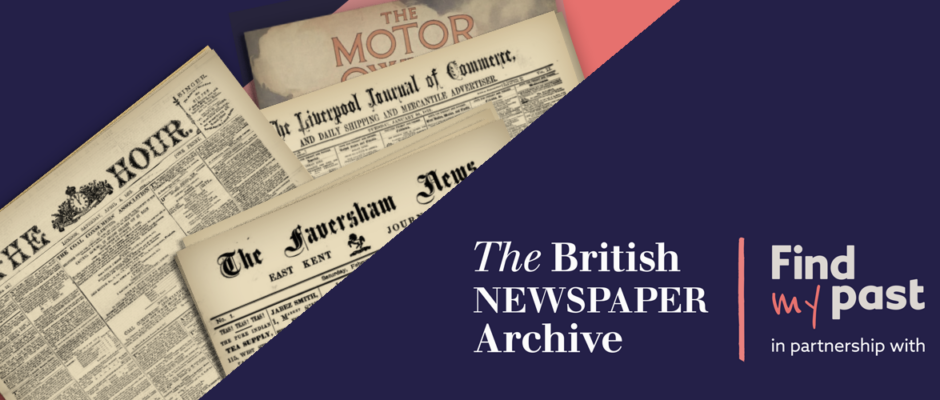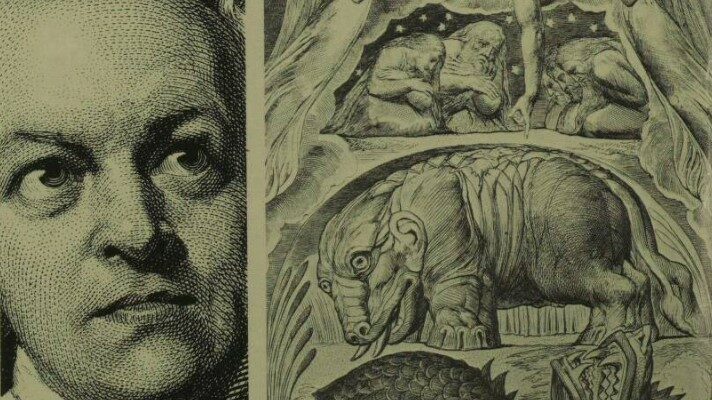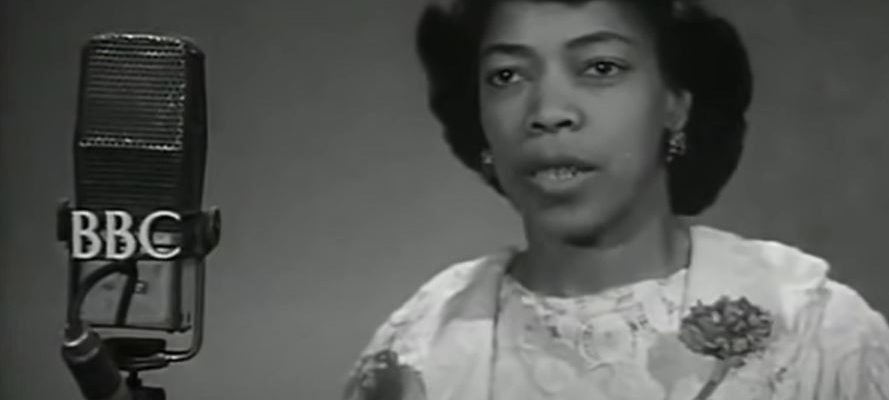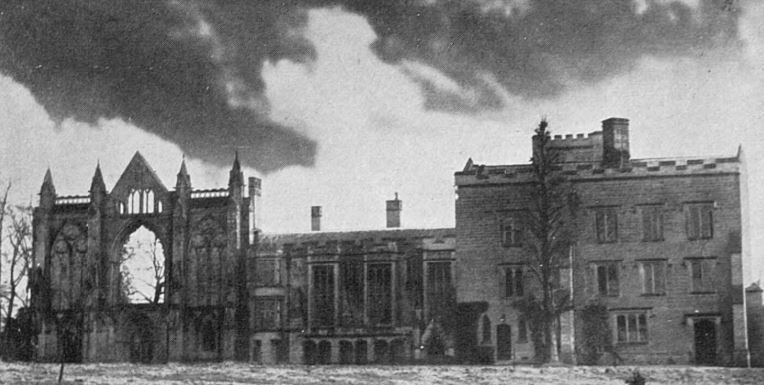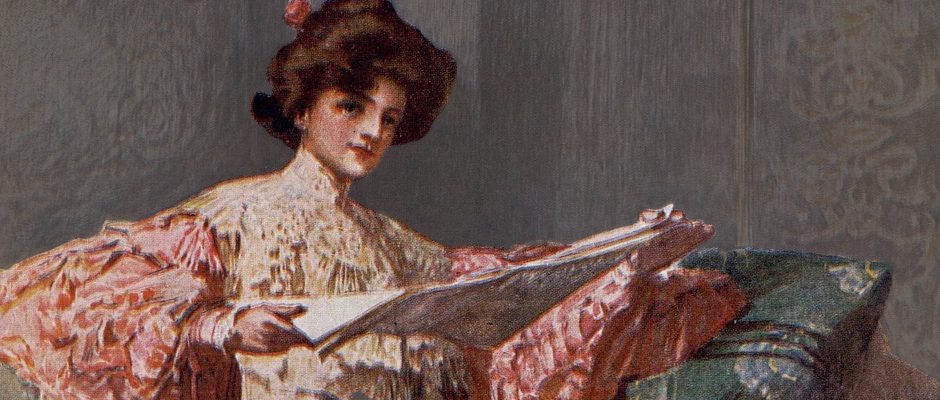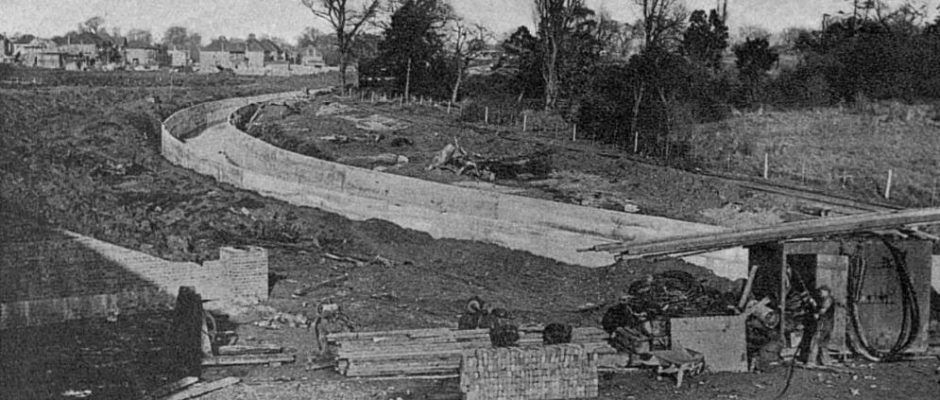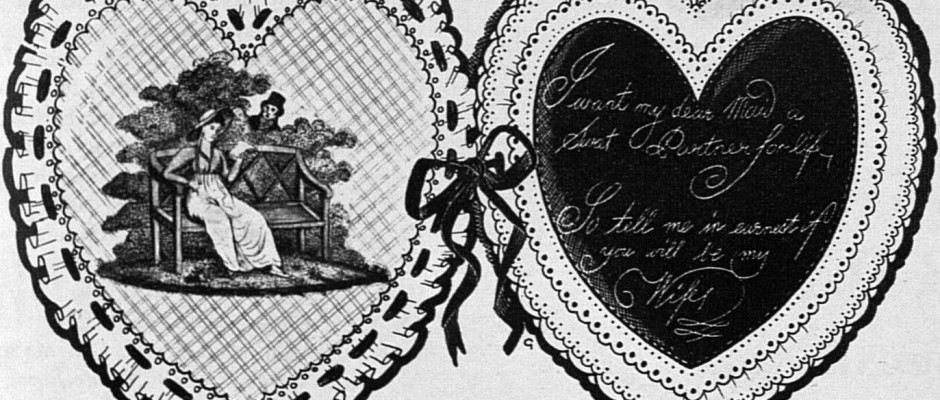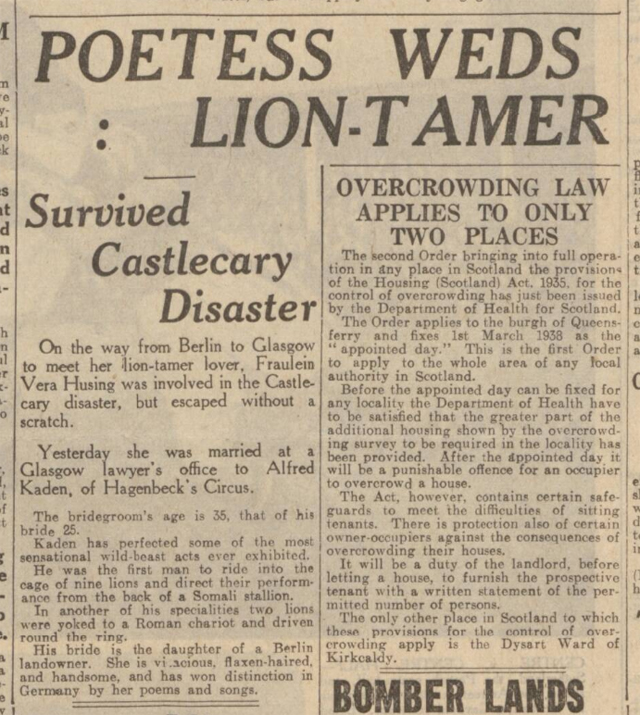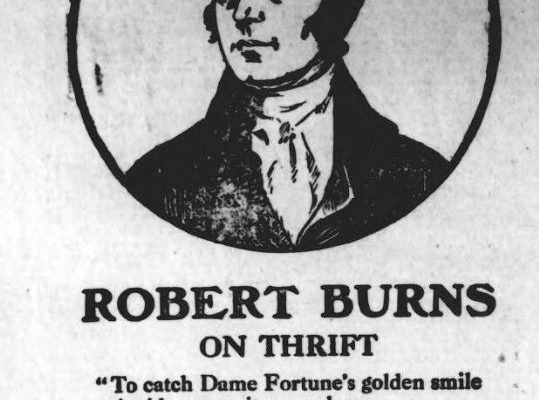This week at The Archive we’re delighted to welcome one brand new newspaper title to our collection, namely Yorkshire’s Hebden Bridge Times, alongside a total of 245,806 brand new pages. Meanwhile, from Derbyshire to Dunstable, from Eastbourne to Earlestown, from Thame to Todmorden, we have updated 15 of our existing titles from across England and Scotland. So read on to learn more about all of our new and updated titles of the week, as well as to discover more about …
poetry
We’ve reached the extraordinary landmark of 72 million pages all now available to search on The Archive, as we welcome new title the Carrick Times and East Antrim Times to our collection, and celebrate the town of Carrickfergus’s links with poet and playwright Louis MacNeice. That’s not all, we’ve added 152,092 brand new pages to The Archive in all over the last seven days, with new pages joining publications from across Northern Ireland, Scotland and Wales. So read on to …
Tags
The work of poet, mystic and painter William Blake was largely unrecognised in his lifetime. The son of a dissenting hosier, Blake was born in London’s Soho in 1757, and was apprenticed to an engraver at a young age. Hostile to organised religion, he created an array of paintings and poetry, often inspired by his visions, before he passed away in 1827. In this special blog, we will take a look at the evolving attitudes to the art of William …
Tags
We are taking a deep dive into the work of Una Marson. Marson was one of Jamaica’s most influential poets, broadcasters, and activists. She was a feminist pioneer and the first Black woman employed by the BBC. She was also the first Black woman to have her play performed in the West End and the first Black woman to attend the League of Nations. One blog post cannot do justice to her incredible career, but we hope to use The …
Tags
THROUGH thy battlements, Newstead, the hollow winds whistle; Thou, the hall of my fathers, art gone to decay; In thy once smiling garden the hemlock and thistle Have choked up the rose which late bloomed in the way. So wrote the poet Lord Byron, inspired by his ancestral home of Newstead Abbey. Using pages from the British Newspaper Archive, this blog will explore Byron’s affinity with the ancient building, and how Newstead Abbey beat the odds to survive until the …
Tags
This week we have added 70,450 new pages to The Archive, with two new and very important titles joining us from home and abroad. We have added an extensive run of pages to the Westminster Gazette, which was seen by some as ‘the most powerful paper in Britain.’ Established in 1893 by E.T. Cook, the Westminster Gazette was a liberal newspaper, which found its audience in London’s gentlemen’s clubs and was consequently known as a ‘clubland paper.’ Despite this audience being small, and …
Tags
I know a land where the wild flowers grow Near, near at hand if by train you go, Metro-land. Metro-land. The above pre-First World War verse written by George R Sims coined the phrase ‘Metro-land’ – that area of north west of Wembley served by what was then called the Metropolitan Railway, and is now known as the Metropolitan Line. In this blog, using articles found on the British Newspaper Archive, we will explore how the Metropolitan Railway shaped London’s …
Tags
Over the course of its history and in its present-day iteration, Valentine’s Day has been a day fit for the writing and sharing of romantic verse. The union of romantic love and Valentine’s Day has been advantageous for aspiring poets, and the newspapers have been quick to publish such verse over the years to honour St Valentine’s Day. In the pages of the newspapers, you can find numerous poems celebrating Valentine’s Day. Here is a sampling. Discover more poems and …
Tags
‘He was the first man to ride into a cage of nine lions and direct their performance from the back of a Somalian stallion…’ Oh, we think this will likely be our favourite newspaper headline for January. Let’s hope this poetess was an ailurophile, and that the lion tamer was a poetry lover! And we can’t help feeling that this is the sort of news story that sub-editors on newspapers dream about writing headlines for – the lucky sub-editor probably had …
Tags
To celebrate the birthday of Robert Burns, we found a newspaper article from 1796 reporting on the life, death, and funeral of Scotland’s Bard and ‘peasant poet’ (hmm, it can be debated if he was a ‘heaven-taught ploughman’, as we suspect he read quite a bit whenever he had time!). As two of Burns’s most famous lines are: O wad some Pow’r the giftie gie us To see oursels as ithers see us!


